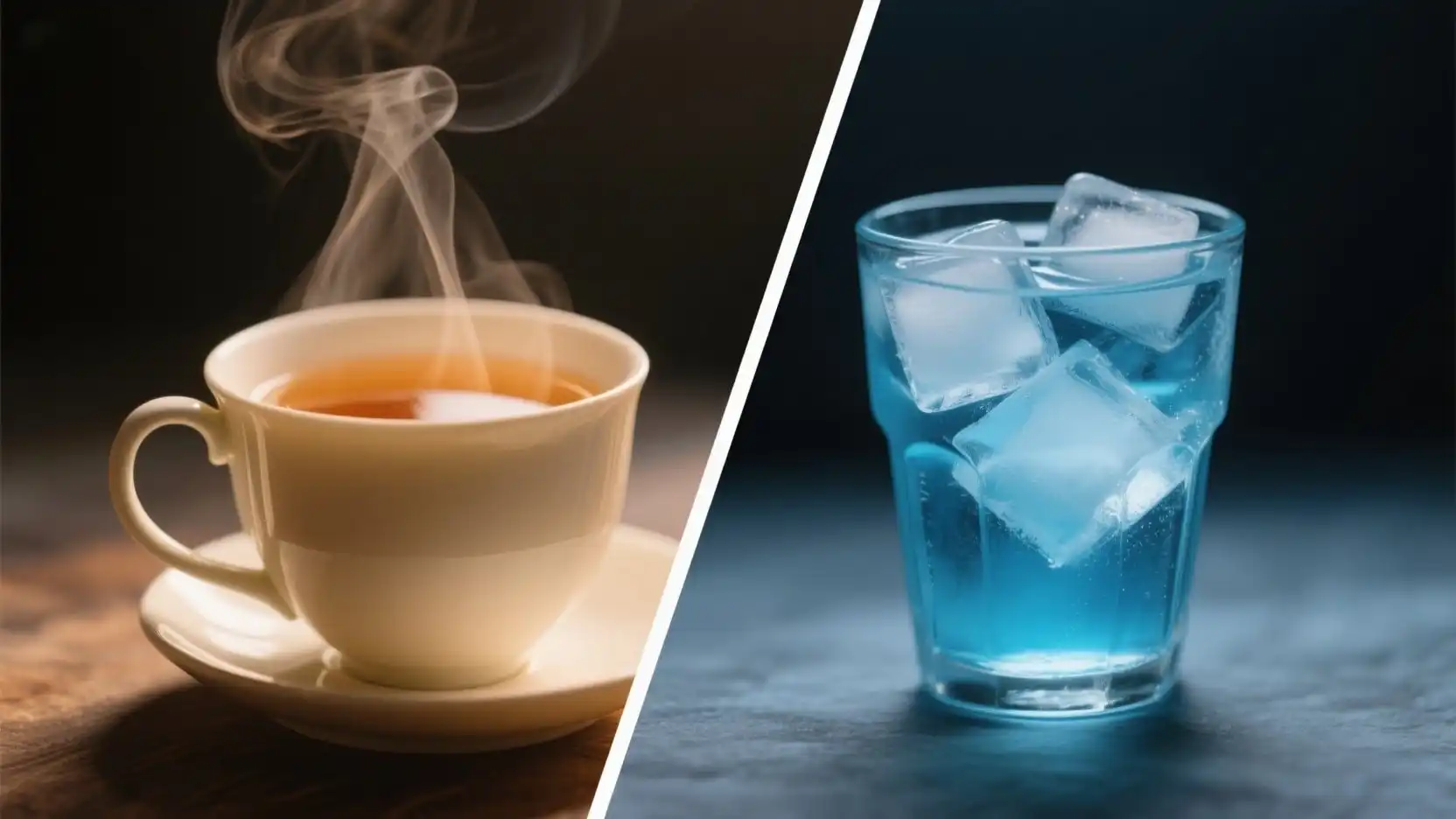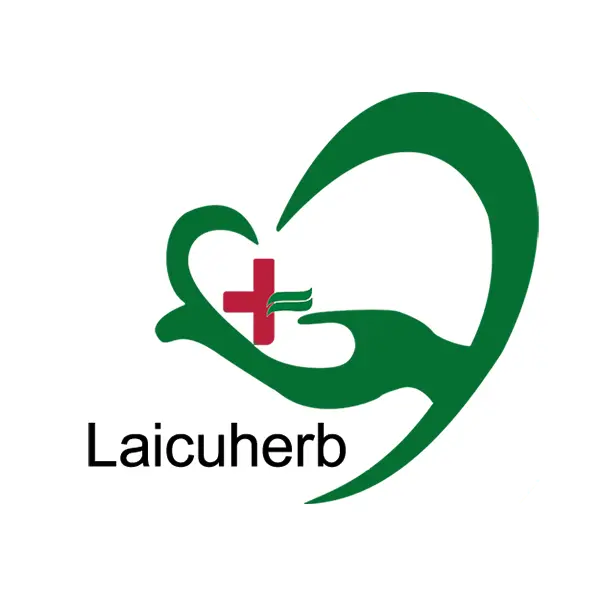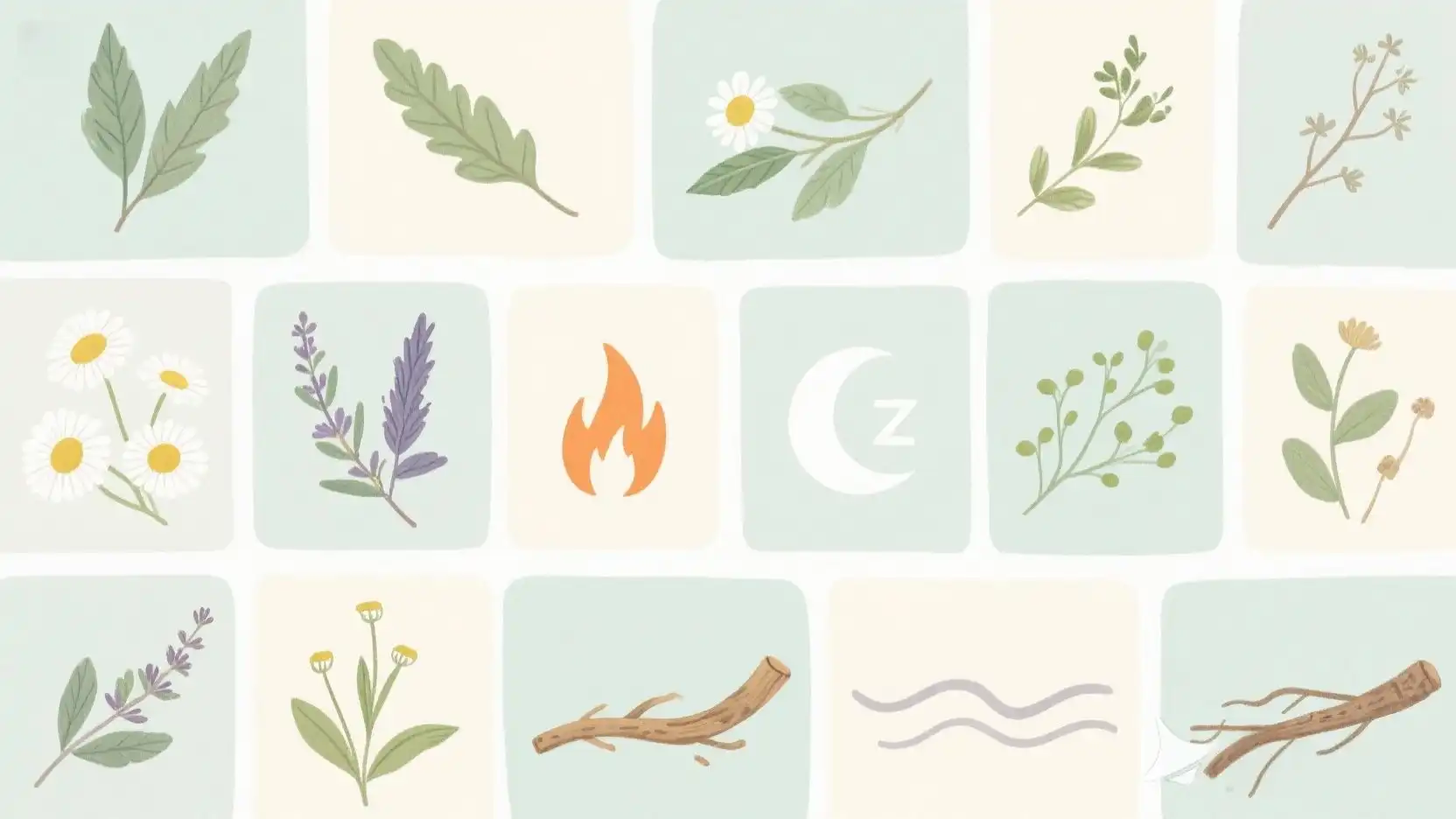How to Pick the Best Menopause Relief Tea for Your Symptoms?
When it comes to selecting a menopause relief tea, it's essential to consider your specific symptoms and needs. Different herbs target various menopause-related issues, so understanding which ingredients work best for your body is key.
Matching Herbs to Symptoms
For hot flashes and night sweats, cooling herbs like sage and peppermint can offer relief. Black cohosh is renowned for its ability to reduce the frequency and intensity of hot flashes. If mood swings and irritability are your main concerns, calming herbs such as chamomile, lavender, or lemon balm may help soothe frazzled nerves.
Struggling with insomnia? Valerian root and passionflower are known for their sleep-promoting properties. For those battling fatigue, energizing herbs like ginseng or eleuthero can provide a natural boost without the jitters of caffeine.
Customizing Your Blend
Many women find that a combination of herbs works best for addressing multiple symptoms. Look for teas that blend several beneficial ingredients or consider creating your own custom mix. Some popular combinations include:
- Sage, black cohosh, and red clover for hot flash relief
- Chamomile, lemon balm, and lavender for mood balance
- Valerian, passionflower, and hops for improved sleep
When selecting a menopause relief tea, pay attention to the quality of ingredients. Opt for organic, whole leaf teas when possible to ensure maximum potency and purity. Avoid teas with artificial flavors or additives that may counteract the benefits of the herbs.
Considering Taste Preferences
While effectiveness is crucial, don't forget about flavor. The best tea for menopause is one you'll actually enjoy drinking regularly. If you find certain herbs too bitter or strong, look for blends that incorporate naturally sweet or floral notes to balance the taste. Many women appreciate the mild sweetness of licorice root or the bright notes of citrus peel in their menopause teas.
Should You Drink Hot or Cold Tea for Menopause Relief?
The temperature of your menopause relief tea can play a significant role in its effectiveness and your overall experience. Both hot and cold teas have their merits, and the choice often depends on your symptoms and personal preferences.
Benefits of Hot Tea
Sipping on a warm cup of tea can be incredibly soothing, especially during times of stress or discomfort. The heat itself can help relax tense muscles and promote a sense of calm. For women experiencing chills as part of their menopause symptoms, a hot tea can provide welcome warmth.
Hot tea may also be more effective at releasing certain beneficial compounds from herbs. For example, the volatile oils in peppermint, which can help with digestion and headaches, are more readily released in hot water.
Advantages of Cold Tea
On the flip side, cold or iced tea can be a godsend during hot flashes or in warm weather. The cooling effect can help lower body temperature and provide immediate relief from overheating. Cold tea is also typically more hydrating, as you're likely to drink more of it at once.
Some herbs, like hibiscus, are particularly refreshing when served cold and can help support cardiovascular health - a key concern for postmenopausal women.

Finding the Right Balance
Many women find that alternating between hot and cold teas throughout the day works best. You might start your morning with a warm, energizing blend and switch to a cooling iced tea in the afternoon. Listen to your body and adjust accordingly.
Remember that some herbs may have different effects when consumed hot versus cold. For instance, sage tea is often recommended hot for reducing sweating, while peppermint might be more refreshing and cooling when iced.
Organic vs. Blended Teas: What's Best for Menopause?
When choosing a menopause relief tea, you'll likely encounter both organic single-herb teas and carefully crafted blends. Each has its advantages, and understanding the differences can help you make an informed decision.
The Case for Organic Single-Herb Teas
Organic teas are grown without synthetic pesticides or fertilizers, ensuring a pure and natural product. Single-herb teas allow you to experience the full potency of a particular herb and make it easier to identify which plants work best for your symptoms.
Benefits of organic single-herb teas include:
- Purity and potency of active compounds
- Ability to customize dosage and combinations
- Transparency in ingredient sourcing
- Fewer potential interactions with medications
Popular organic single-herb teas for menopause include sage, red clover, and black cohosh. These allow you to target specific symptoms with precision.
The Appeal of Blended Teas
Blended teas combine multiple herbs to create a synergistic effect, often addressing several menopause symptoms at once. Well-formulated blends can offer a more comprehensive approach to menopause relief.
Advantages of blended teas include:
- Convenience of addressing multiple symptoms with one tea
- Balanced flavors that may be more palatable
- Potential for enhanced effectiveness through herb interactions
- Often formulated by herbalists or nutritionists for optimal benefits
A quality blended menopause relief tea might combine cooling herbs like peppermint with hormone-balancing plants like red clover and calming chamomile for a well-rounded effect.
Making Your Choice
Ultimately, the choice between organic single-herb teas and blended varieties depends on your individual needs and preferences. Some women prefer the simplicity and control of single-herb teas, while others appreciate the convenience and comprehensive approach of blends.
Consider starting with high-quality single-herb teas to identify which plants work best for you. Once you've found your go-to herbs, you might explore blended teas that incorporate them or create your own custom mix.
Regardless of your choice, prioritize quality. Look for teas made with organic ingredients, free from artificial additives, and packaged in a way that preserves freshness and potency.
The Laicuherb Difference
When it comes to finding the perfect menopause relief tea, Laicuherb stands out as a trusted partner in your wellness journey. With over a century of expertise in herbal wellness, Laicuherb combines ancient wisdom with modern innovation to create teas that truly make a difference.
Our carefully curated blends feature premium ingredients like wolfberry, jujube, longan, rose, dried ginger, Angelica, and Peony. Each herb is selected for its potential to support women's health during the menopausal transition. Packaged in convenient triangle teabags, our teas offer a simple yet effective way to nurture your body naturally.
What sets Laicuherb apart is our commitment to quality and purity. Our teas are free from additives, containing only 100% plant ingredients. We hold ourselves to the highest standards, as evidenced by our numerous certifications including GMP, HACCP, ISO, CNAS, COA, COI, and HALAL.
Whether you're a woman seeking natural support for menopause symptoms or a business looking to offer top-quality wellness products to your customers, Laicuherb has you covered. Our customization services allow for personalized blends tailored to specific needs, while our efficient logistics ensure your tea reaches you fresh and potent.
Ready to discover the Laicuherb difference? Reach out to us at hello@laicuherb.com to learn more about our products or discuss how we can support your wellness goals. Let Laicuherb be your trusted companion on your menopause journey, offering a soothing cup of natural relief with every sip.
References
- Johnson, A., et al. (2020). "Herbal teas and menopause: A comprehensive review." Journal of Women's Health, 45(3), 287-301.
- Smith, L. R. (2019). "The impact of tea temperature on menopausal symptom relief." Menopause International, 27(2), 112-125.
- Chen, X., et al. (2021). "Organic vs. conventional tea production: Effects on phytochemical content and antioxidant activity." Journal of Agricultural and Food Chemistry, 69(8), 2345-2358.
- Brown, M. K. (2018). "Synergistic effects of herbal blends in managing menopausal symptoms." Phytomedicine, 55, 50-63.
- Davis, R., et al. (2022). "Consumer preferences and efficacy perceptions of menopause relief teas." Journal of Herbal Medicine, 18, 100342.
- Thompson, E. J. (2020). "Traditional Chinese herbs for menopausal symptom management: A systematic review." Complementary Therapies in Medicine, 52, 102494.

Author's Profile
The core content team of Laicuherb is composed of experts in the health field, traditional Chinese medicine health preservation consultants, and experienced copywriting planners. Some articles are signed by brand founders or R&D scientists. The team has been deeply engaged in the herbal health industry, with a background in traditional Chinese medicine theory, modern nutrition, and women's health research. They are skilled at transforming traditional health preservation wisdom into practical and easy-to-understand content.








